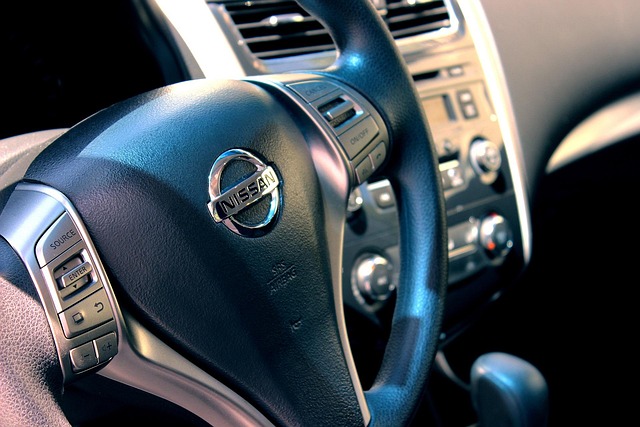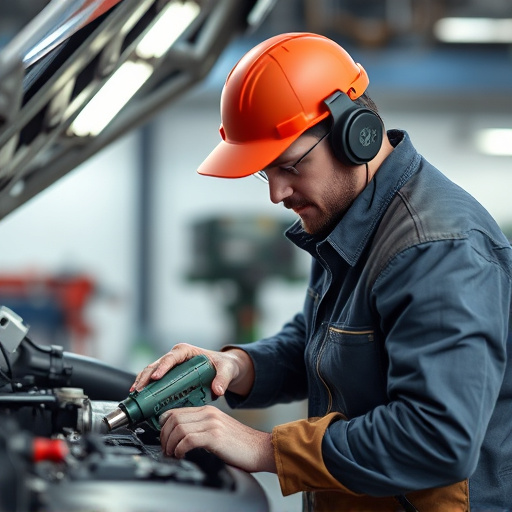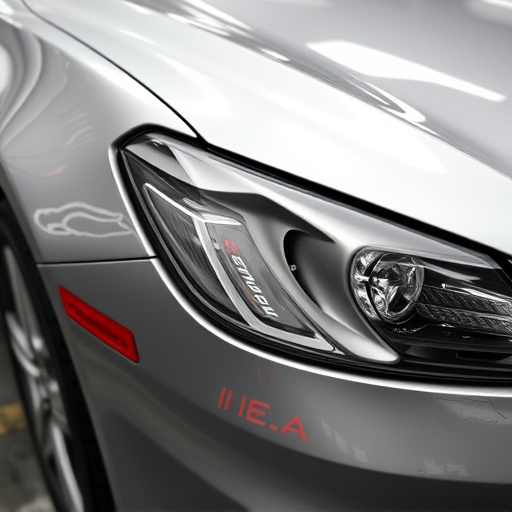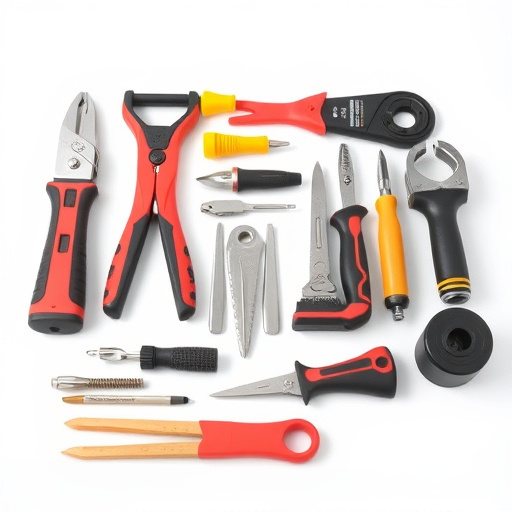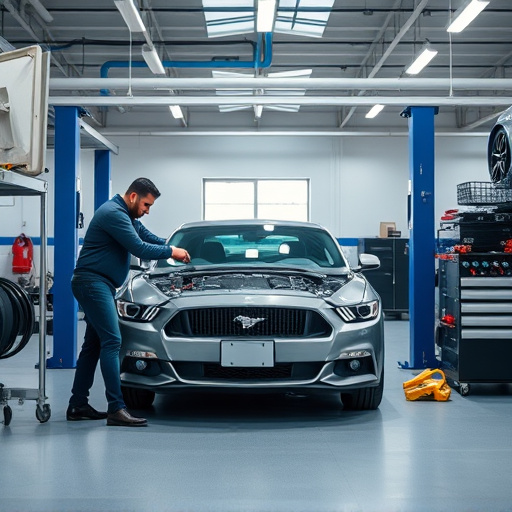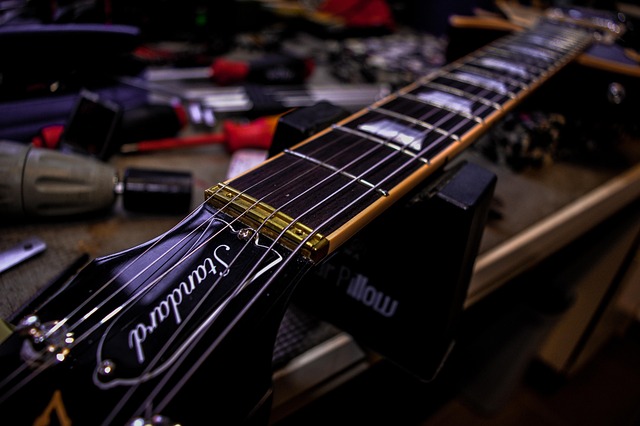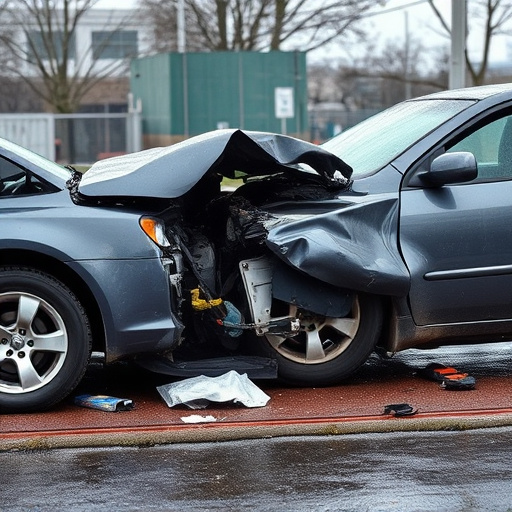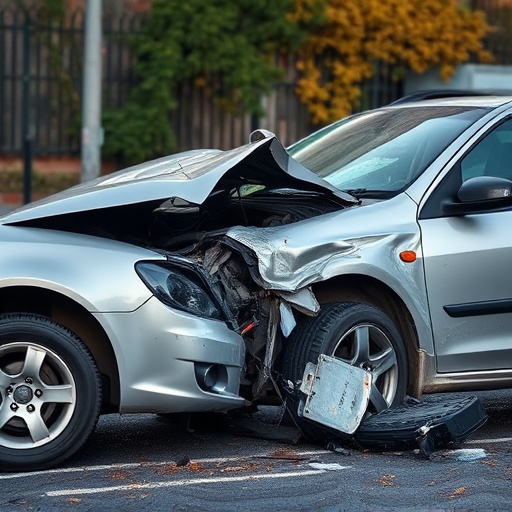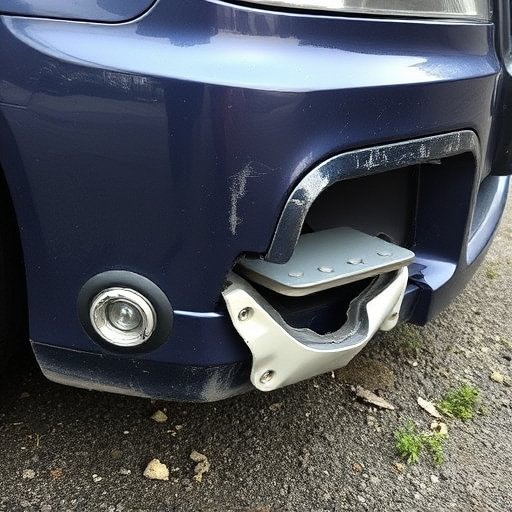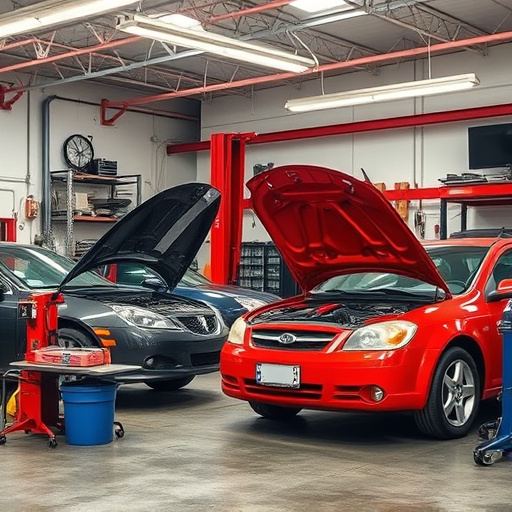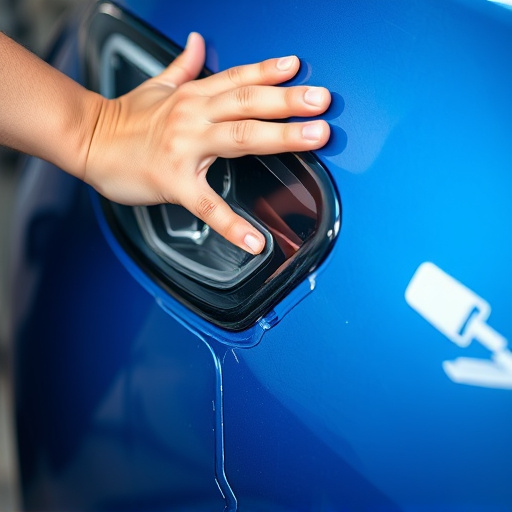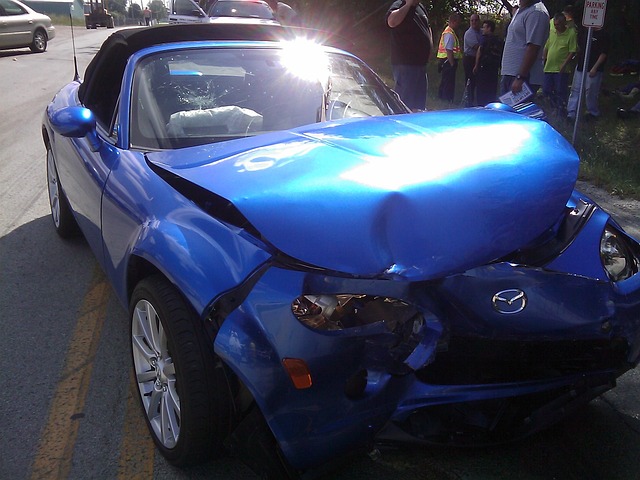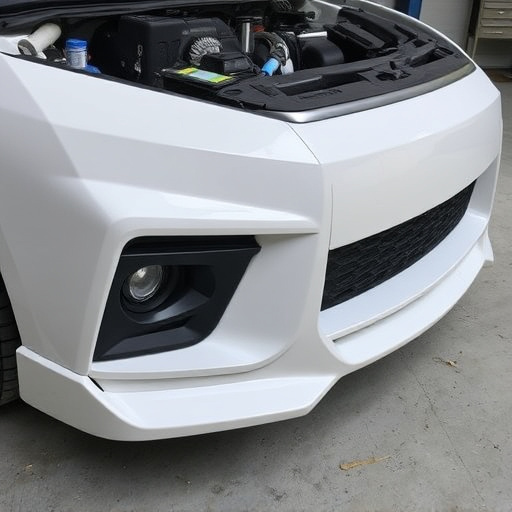PDR for aluminum panels offers a gentle yet effective restoration technique, avoiding intensive grinding and painting used in traditional bodywork. This method preserves panel integrity, structural strength, and original craftsmanship, making it ideal for modern vehicles and classic cars with aluminum panels. By minimizing disruption, waste, and environmental impact, PDR is cost-effective and eco-friendly, favored by classic car enthusiasts for its delicate approach to cosmetic imperfections.
Considering a restoration solution for your aluminum panels? Explore the benefits of Personal Damage Repair (PDR) – a gentle yet effective technique. This article delves into why PDR is an ideal choice for aluminum over traditional bodywork, highlighting its advantages and use cases. From cost-efficiency to preserving original finishes, PDR offers a revolutionary approach. Learn when this non-invasive method excels in restoring your aluminum panels to like-new condition.
- Understanding PDR: A Gentle Restoration Technique
- Advantages of PDR for Aluminum Panels
- When Traditional Bodywork Falls Short
Understanding PDR: A Gentle Restoration Technique

PDR, or Plastic Displacement Repair, is a specialized technique that has gained popularity for its gentle yet effective approach to restoring damaged surfaces, especially on aluminum panels. Unlike traditional bodywork methods that often involve intensive grinding and painting, PDR uses a series of precise tools and techniques to massage and reshape the dented area back to its original form. This non-invasive method is particularly advantageous for aluminum panels, which are commonly found in modern vehicles and classic cars alike.
By employing PDR, collision centers can offer a more refined solution for car damage repair, preserving the integrity and aesthetics of the panel. The technique is versatile enough to handle various types of dents, from minor dings and scratches to deeper creases and bends. For classic car restoration enthusiasts, PDR presents a delicate approach that respects the vehicle’s original craftsmanship while effectively addressing any cosmetic imperfections.
Advantages of PDR for Aluminum Panels
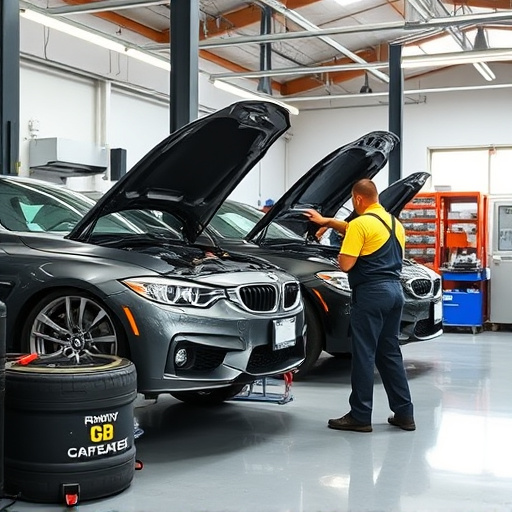
PDR for aluminum panels offers several advantages that make it a preferred choice over traditional bodywork methods for restoring and repairing these specific vehicles. One of the key benefits is the minimal disruption to the panel’s original integrity. Unlike cutting, welding, or replacing damaged panels, PDR techniques gently work around and repair the existing metal, preserving the structural strength and originality of the aluminum body.
Additionally, PDR is an eco-friendly option for classic car restoration enthusiasts. By avoiding the need for extensive welding or new panel production, this process reduces waste and minimizes the environmental impact commonly associated with collision repair services. Moreover, it’s a cost-effective solution as it requires less labor and material, making vehicle paint repair more accessible without compromising on quality or aesthetics.
When Traditional Bodywork Falls Short
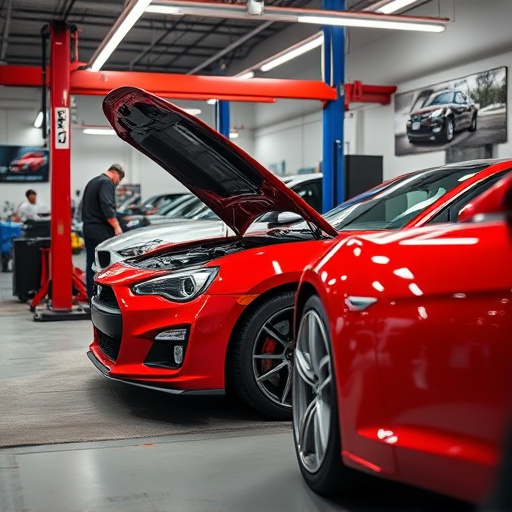
In many cases, traditional bodywork techniques excel at repairing and restoring damaged vehicles. However, when it comes to aluminum panels—a common material in modern automotive design—traditional methods often fall short. The intricate designs and unique forming processes of aluminum make standard collision repair services less effective, leading to subpar results that can compromise the structural integrity and aesthetic appeal of the vehicle.
This is where PDR for aluminum panels becomes indispensable. Unlike conventional bodywork, which may require extensive welding and repainting, PDR (Paintless Dent Repair) techniques allow for precise, non-invasive removal of dents and dings from aluminum surfaces. By leveraging specialized tools and trained technicians, automotive body shops offering PDR services can restore damaged aluminum panels to their original condition, preserving the vehicle’s value and ensuring a seamless, factory-like finish without the need for extensive vehicle repair.
PDR (Paintless Dent Repair) for aluminum panels offers a gentle yet effective restoration technique, especially in cases where traditional bodywork might be too invasive or costly. By leveraging specialized tools and expertise, PDR preserves the original finish and structural integrity of aluminum panels, making it a smart choice for efficient and cost-effective repairs. When traditional methods fail to meet the aesthetic or budget constraints, PDR for aluminum panels stands out as a reliable solution.
